1. Zinc
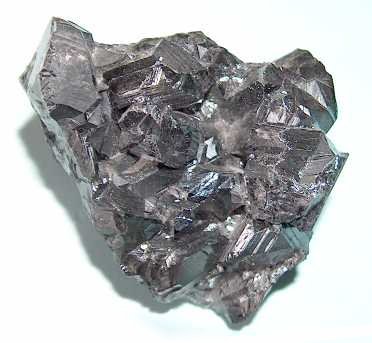
Zinc is both a trace element and a mineral. While ongoing zinc deficiency may cause a variety of health problems, consuming the proper levels of zinc is especially important for prostate health.
According to scientific research, a healthy prostate and its fluid secretions contain more zinc than any of the other elements. When zinc content of the prostate falls to 35% below normal levels, it causes a slightly enlarged prostate. When that number rises to 38%, it’s linked to chronic prostatitis. At 66%, it will develop into cancer.
Zinc deficiency can also lead to sexual dysfunction, reduced sperm count and decreased libido.
Luckily, research suggests that taking supplemental zinc may reduce the risk of advanced prostate cancer. In addition to supplements, you can make sure your body has enough zinc by maintaining a healthy diet that includes meat, eggs, clams, oysters, peanuts, peaches, carrots, quinoa, and potato.
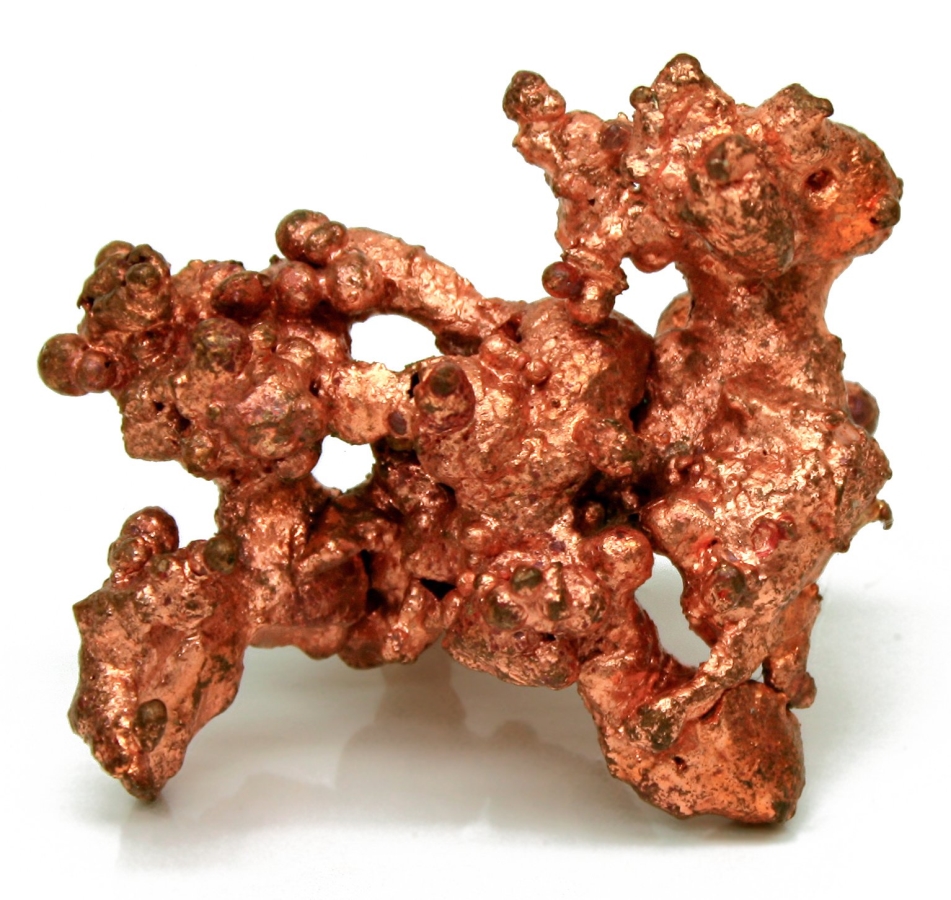
2. Saw Palmetto
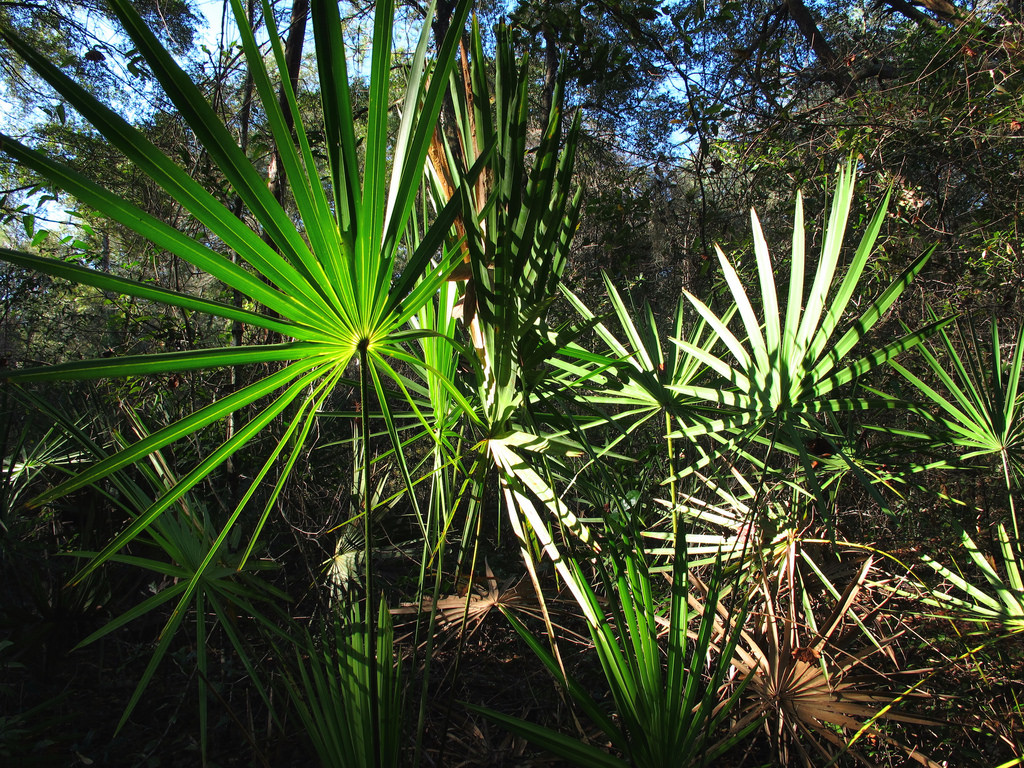
Saw Palmetto is a plant found naturally growing in the southeastern United States. This white flowering, fruit-bearing plant has been used medicinally by Native Americans for centuries. Now, it is increasingly used to treat urinary and prostate problems.
The medical research has confirmed the unexpected effect of this fruit for men’s health.
The prostate surrounds the urethra (the tube transporting urine from your bladder to the penis) and prostate enlargement can cause bladder problems and urination.
Taken supplementally, saw palmetto helps maintain the normal function of the urinary system and is recommended as a source of fatty acids to maintain fertility and support healthy urine flow.
In other forms, the flesh from the fruit of saw palmetto may help treat the condition called Benign Prostatic Hyperplasia (BPH), nonmalignant enlargement of the prostate. Saw palmetto extract may also reduce the risk of prostate cancer.
In patients who have undergone prostate surgery, saw palmetto consumption is linked to rapid recovery and a reduced risk of bleeding.
—> Find out the best ways to look after your prostate health: https://alpharisehealth.com/why-prostate-health-is-vital
3. Pumpkin Seeds
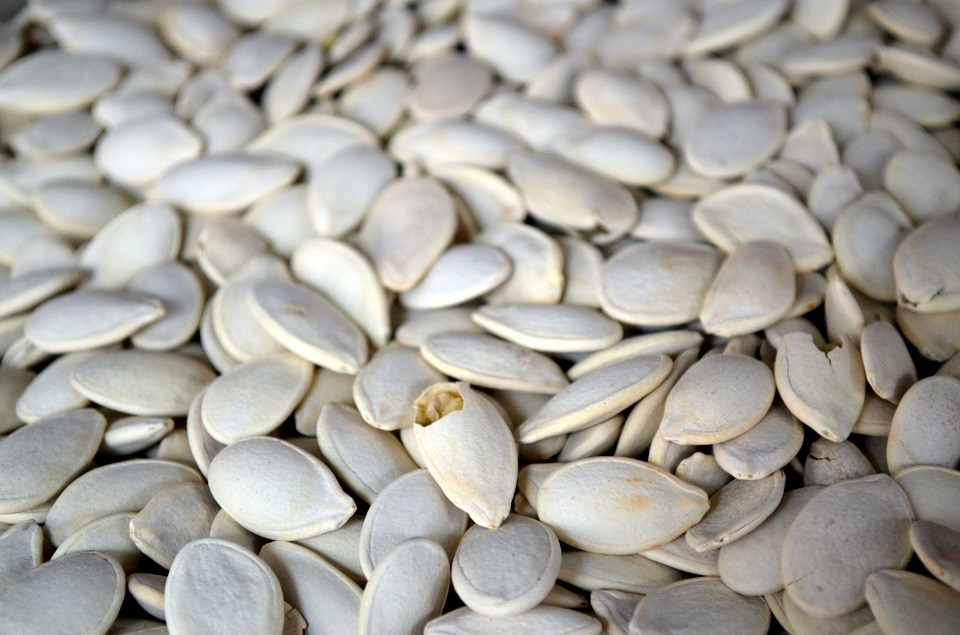
Men whose diets are rich-in-carotenoids have a lower risk of prostate hypertrophy. Pumpkin seeds also contain carotenoids, steroid compounds and omega-3 fatty acids, which all have positive effects on prostate health.
Similarly, scientific studies show that pumpkin seed oil also has a significant effect on patients suffering from diseases related to prostate hypertrophy such as fibroids or prostate cancer.
In addition to magnesium, manganese, iron, copper and zinc, pumpkin seed oil also contains delta 7-phytosterol, a plant sterol linked to the prevention of prostate hypertrophy and atherosclerosis, as well as reduction of urinary blockage caused by prostate hypertrophy. It may also improve urine leak and dysuria.
In fact, one study about the effect of pumpkin seed oil (J. Vas, G. Walter and I. Boromisa Urology Department, Hospital Center Budapest) on prostatic hypertrophy found that prostate size decreased in 29% of patients who initially presented with prostate enlargement.
The scientists said that taking pumpkin seed oil early and often may be an effective preventative measure against prostate cancer, and improve men’s quality of life.
Likewise, another complementary study concluded, “Pumpkin seed oil and saw palmetto oil are clinically safe and may be effective complementary and alternative medicine for BPH.”
—> Are you looking for a natural supplement to help your prostate? Click this link for access to special discounts on our premium, money back guaranteed, natural formula –Ultimate Prostate Support.
4. Burdock Root (aka Arctium Lappa, with arctiin)
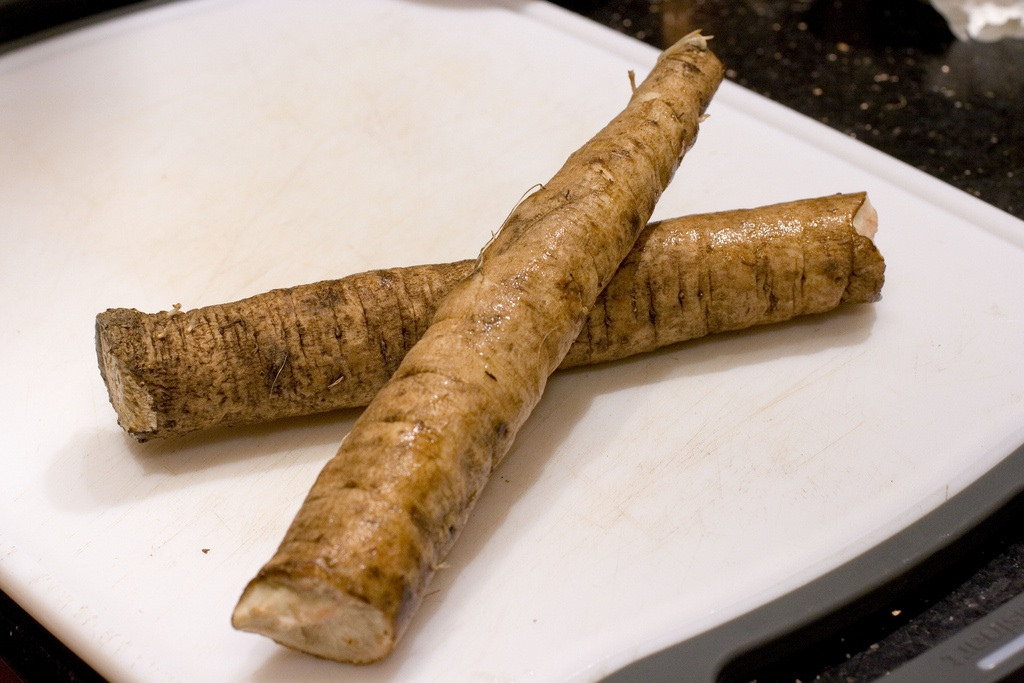
Burdock Root has been used for centuries in the traditional medicine practices of Europe, North America and Asia. Also called Arctium Lappa, modern studies show that Burdock Root also contains antioxidants such as phenolic acids, quercetin and luteolin. These antioxidants help protect the body from unstable molecules that cause damage to healthy cells.
It also contains arctiin, a plant polyphenol, known to have anti-cancer properties. It was recently reported that arctiin may specifically promote growth inhibition in human prostate cancer PC-3 cells.
According to the scientists, arctiin “induces growth inhibition…in various types of human tumor cells, including …prostate cancer.”
5. Pygeum Africanum

The extract of the African prune tree, Pygeum africanum, has been known by native Africans for a long time as a treatment for enlarged prostate, and also to prevent and minimize complications of prostate cancer and chronic prostatitis.
Currently available worldwide as a nutritional supplements, Pygeum africanum is now recognized as one of the most effective natural products for prevention and supportive treatment of prostate cancer.
Study authors note, “A standardized preparation of Pygeum africanum may be a useful treatment option for…urinary symptoms consistent with benign prostatic hyperplasia.” Likewise, “Pygeum africanum…may be a useful supplement for people at high risk for developing prostate cancer.”
6. Goldenseal (aka Hydrastis canadensis- including Berberine)
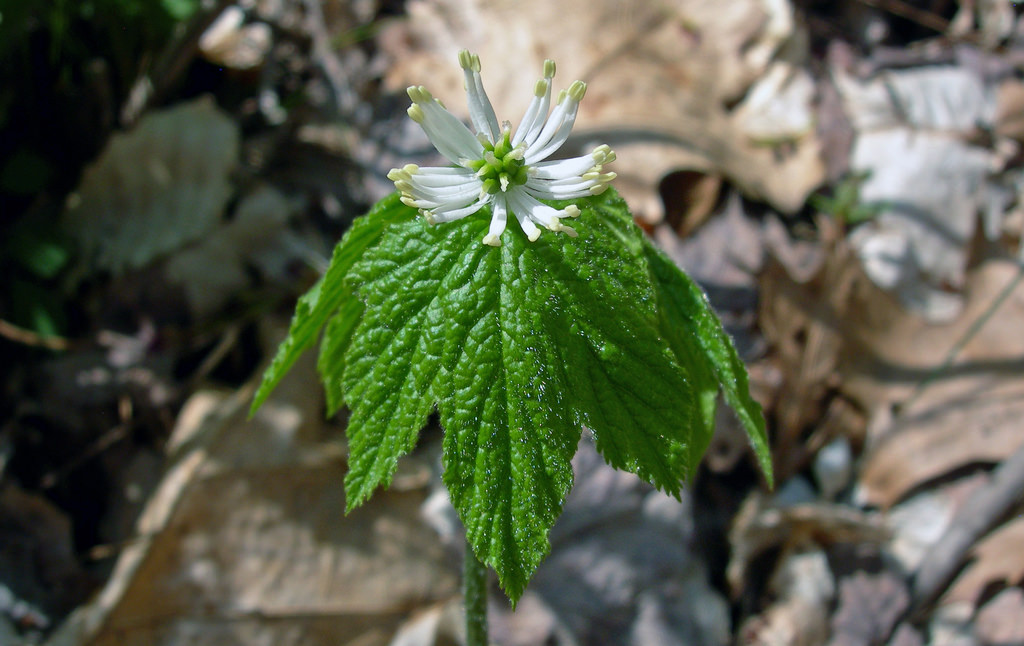
Berberine (BBR) , an alkaloid isolated from Hydrastis canadensis.
Goldenseal is an herb native to North America that contains the alkaloid Berberine (BBR). According to scientific research, berberine inhibits highly metastatic prostate cancer cells from spreading.
These inhibitory effects of berberine were so powerful at fighting prostate cancer that the authors of the study went so far as to say, “Berberine should be developed as a pharmacological agent for use in combination with other anticancer drug for treating metastatic prostate cancer.”
—> Find out the best ways to look after your prostate health: https://alpharisehealth.com/why-prostate-health-is-vital
7.Cayenne Pepper (aka Capsicum annuum, ‘Cayenne’, Capsaicin)

Often called the “King of Herbs,” cayenne has been known and used as medicines for centuries. It has even been said by herbalists, “If you only use one herb in your life, use cayenne.”
Cayenne pepper is rich in vitamins A, C, B, phosphorus, iron, calcium and potassium. Another active component in cayenne is called capsaicin, and it is known to help prevent cancer by killing cancer cells in the body.
The selective action of capsaicin against cancer cells means that it induces apoptosis and inhibits the “proliferation of a wide range of cancer cells in vitro,” while remaining inactive in contact with normal cells.
Specifically, “capsaicin potently suppresses the growth of human prostate carcinoma cells in vitro and in vivo,” and induces “prostate cancer cell death in a time- and concentration-dependent manner.” Furthermore, it “has been demonstrated to have a role as a tumor suppressor for prostate cancer.”
Science suggests that, “Given that capsaicin is inexpensive, easy to administer, has no known side effects and may have tumouristatic properties…it may be useful in prevention, in slowing the growth of prostate cancer in patients on active surveillance, or in patients who have recurrent diseases before the next line of definitive therapy.”
—> Are you looking for a natural supplement to complement your diet? Click this link for access to special discounts on our premium, money back guaranteed, natural formula – Ultimate Prostate Support.
